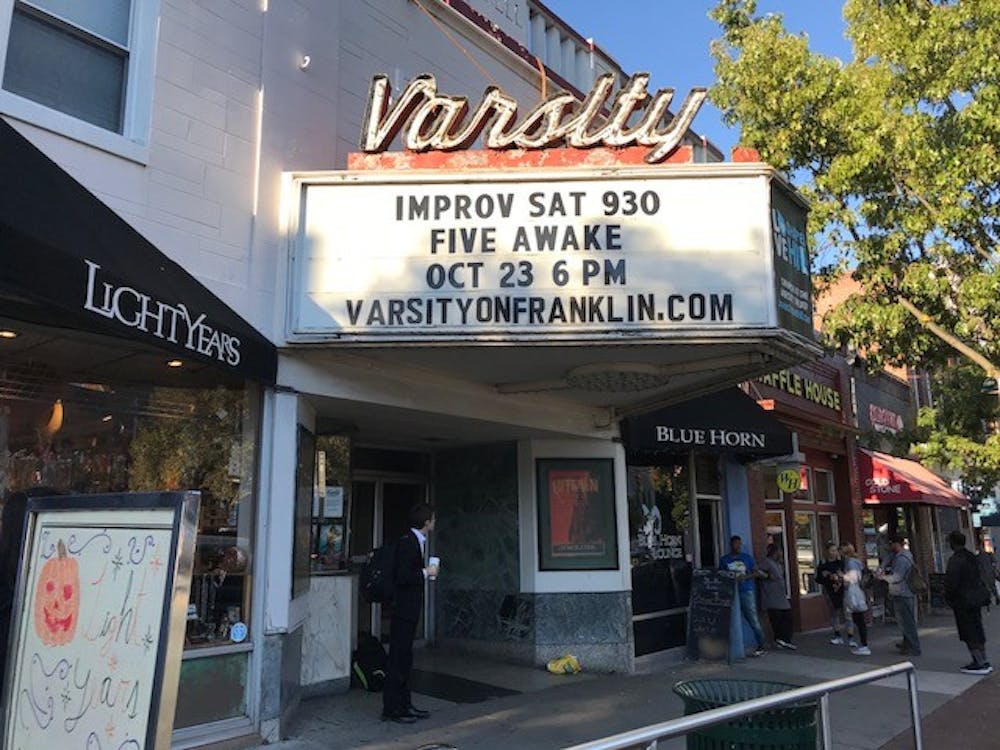Monday at the Varsity Theatre, the Compass Center hosted a screening of the documentary, “Five Awake,” which follows five women as they work to pass important domestic violence laws in Louisiana.
The film was followed by a panel discussion of four guests with experience in this area who explored North Carolina’s current domestic violence legislation and where it needs to be improved.
The award-winning film is meant to elicit action from the viewer through the usage of personal stories of profound loss and strife. Each of the five women starring in the documentary have been affected firsthand by domestic violence, and it would take a person of an extremely callous nature not to sympathize with their situations.
The women, all residents of Louisiana, band together and aim to pass a set of laws in the hope of relieving their state’s chronic domestic violence problem. Despite being told no and that things would never change on numerous occasions, these ladies defied the odds and successfully passed every law they brought forward — all in one year.
The documentary short is more than just a story of these women’s triumphs, though. It is meant to raise awareness throughout the country and give domestic violence the attention it deserves.
According to the documentary released in 2016, about three women die each day as a result of domestic violence. If this number isn’t startling enough, since the war in Afghanistan first started, almost twice as many American women have died from domestic abuse as American troops have from the war. Stats like these aid the film in educating viewers about the seriousness of domestic violence and the rapidity at which it needs to be combated.
After the documentary, Amily McCool, Jasmine McGhee and Beth Meeks took the stage for the panel discussion hosted by Rebecca J. Macy, who teaches at the School of Social Work. The conversation initially focused on the documentary’s purpose and the many things that viewers can learn from it.
“I want you to take away that the status quo doesn’t have to be, and I want the women to understand that everything you have – the right to vote, the right to work outside of the household – some other woman fought to give that to you," said Meeks, a member of the National Network to End Domestic Violence. "Think about what you want the women coming after you to have.”
The conversation later shifted to ways that people can make a change, starting in their own community. For McGhee, who works for the NC Department of Justice, the first step is to realize that domestic violence “is a justice issue, not a partisan issue.”




